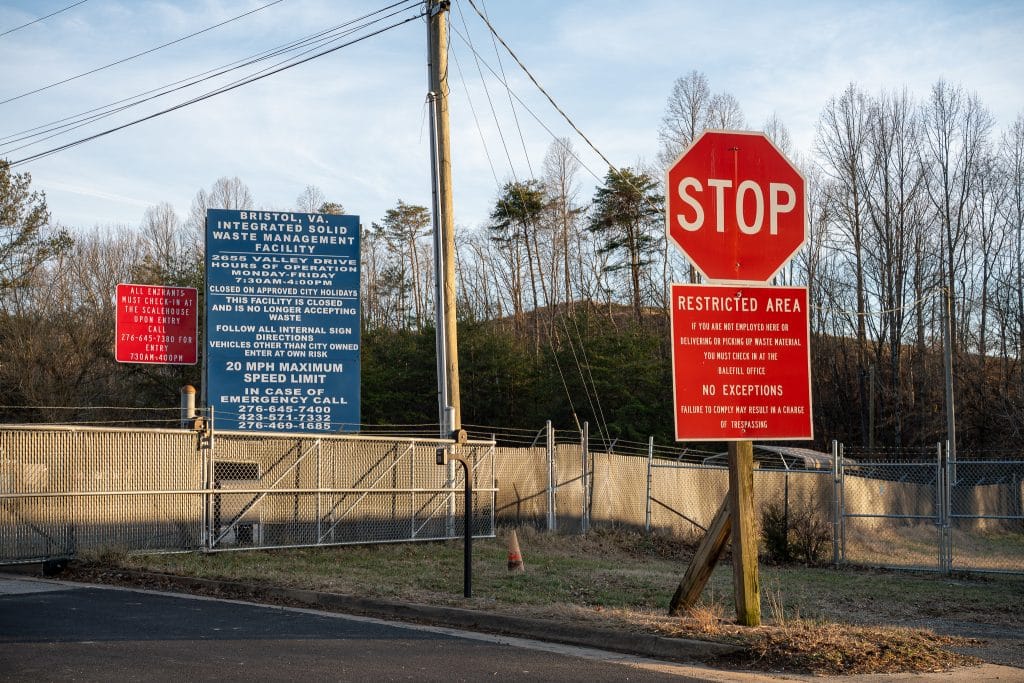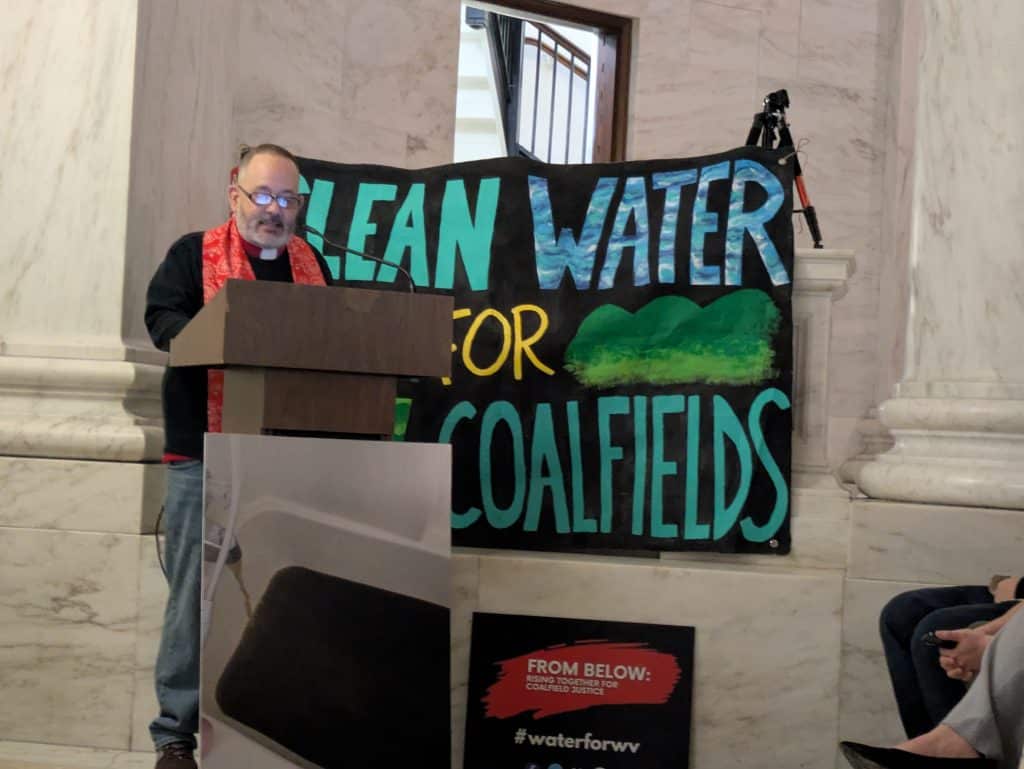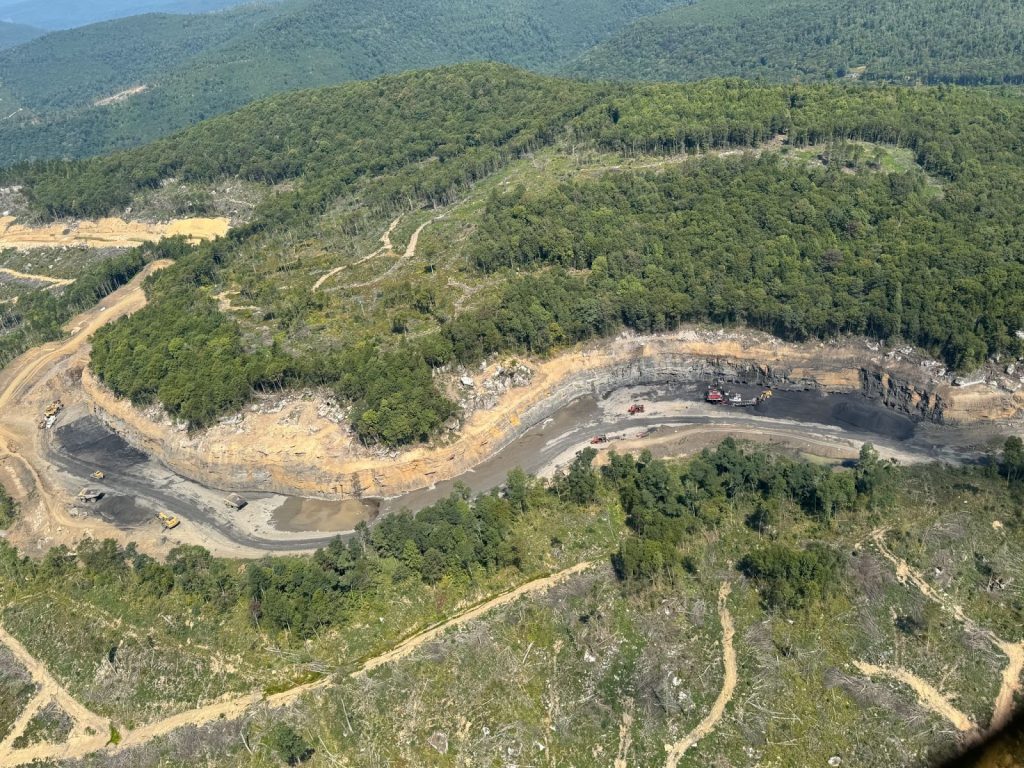By Zach Kopkin
On April 5, Virginia Gov. Terry McAuliffe signed a bill putting a one-year moratorium on coal ash pond closures in the state. Prior to the moratorium, Dominion Energy was in the process of draining water from impoundments at its shuttered Possum Point power plant, intending to cap more than 4 million tons of coal ash in place along the Potomac River.
Two families living near the plant found heavy metals in their wells, which they believe came from Dominion’s ponds. In May, they filed two lawsuits totaling $9 million against Dominion. And in March, a federal court ruled that Dominion’s storage of coal ash near the Elizabeth River violated the Clean Water Act by illegally leaking arsenic into groundwater and the river for years. Those issues, combined with the moratorium, are leading the company to reconsider its method of burying the ash at Possum Point.
In North Carolina, the Roanoke River Basin Association has filed a lawsuit alleging that Duke Energy is making unpermitted discharges of coal ash waste from its Roxboro power plant in Person County. Duke Energy filed a countersuit against the environmental group on May 11. Duke seeks to close the Roxboro coal ash ponds by removing the water and capping over 6 million tons of dry ash in the existing unlined impoundments.
On March 31, North Carolina’s Chatham County Superior Court ruled to revoke two of Duke Energy’s mine reclamation permits to dump coal ash in newly excavated pits in Chatham and Lee counties. The ruling overturns a previous decision appealed by three local groups. Duke may still dispose of coal ash in the former Brickhaven and Colon clay mines, but only in previously excavated areas that have liners and systems to collect leaching water. The coal ash originates from Duke’s Dan River, Sutton and Riverbend impoundments, which must be excavated due to their high risk levels.
In Kentucky, new coal ash regulations took effect on May 5. The new permit-by-rule program for dry coal ash landfills “would allow utilities to go ahead and design and construct the landfill without state oversight,” Louisville’s WFPL radio reported. Kelley Leach, who lives next door to Louisville Gas & Electric’s Trimble County Power Plant coal ash landfill, has filed a lawsuit challenging the controversial new regulations.
Related Articles
Latest News

Leave a comment
Your email address will not be published. Required fields are marked *





Leave a Comment